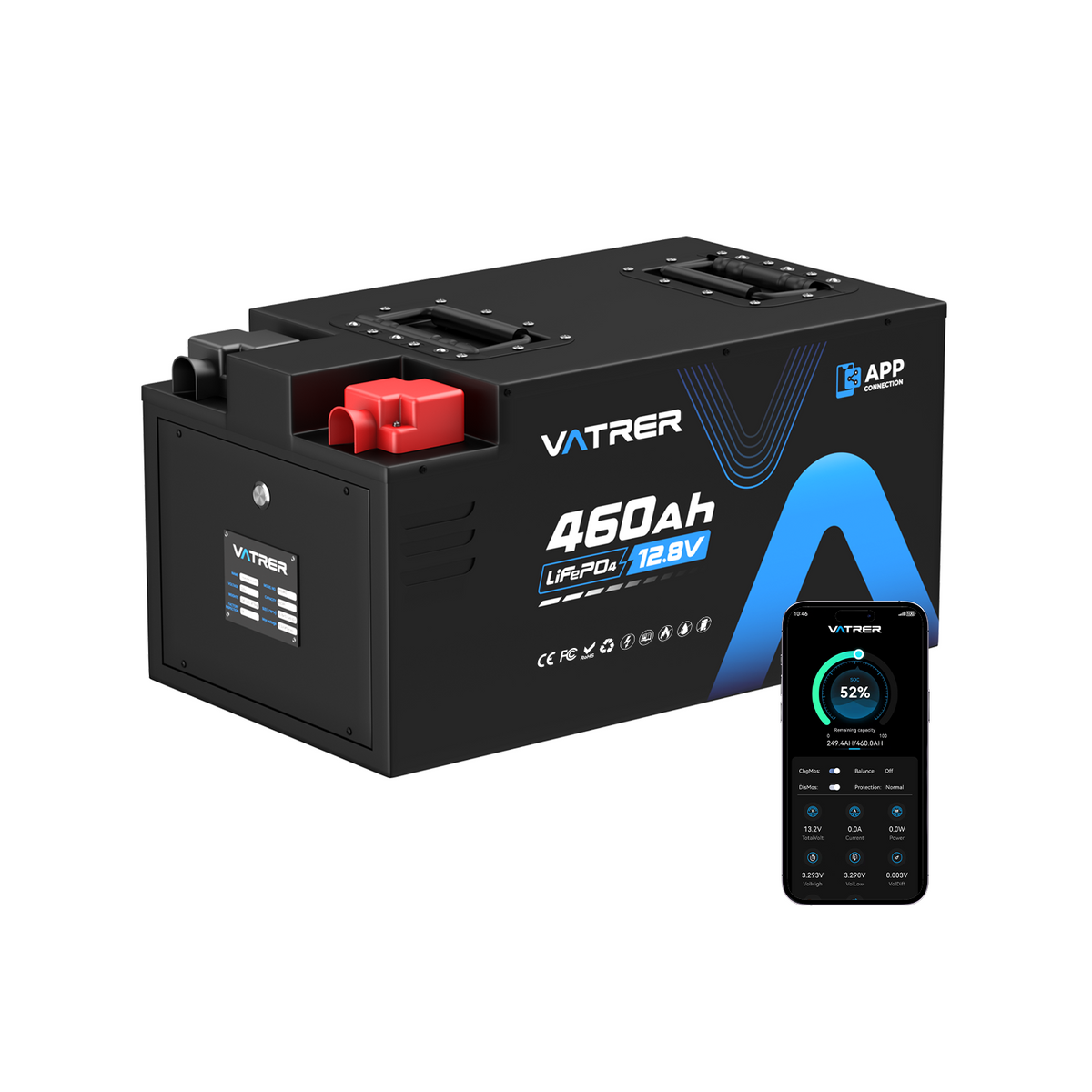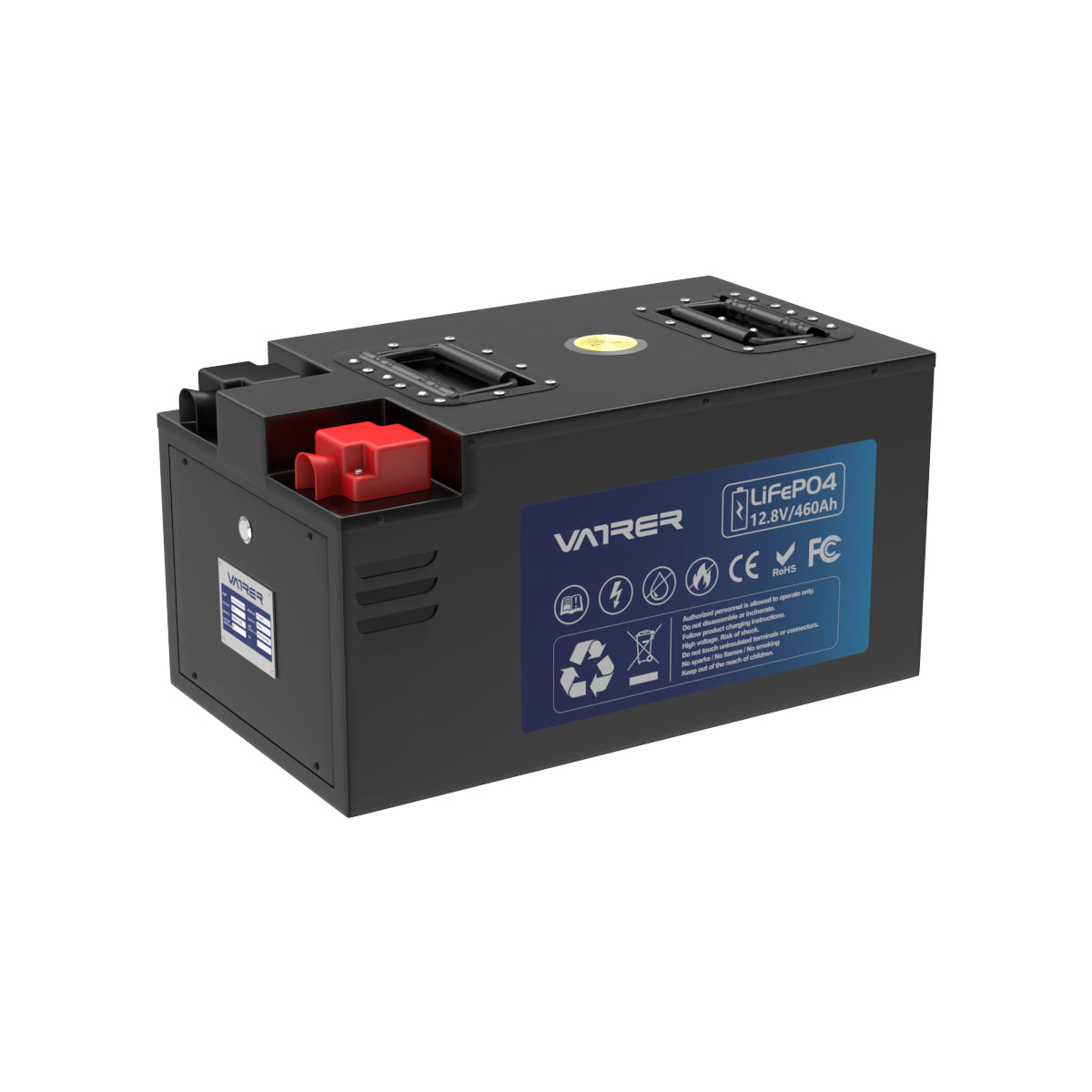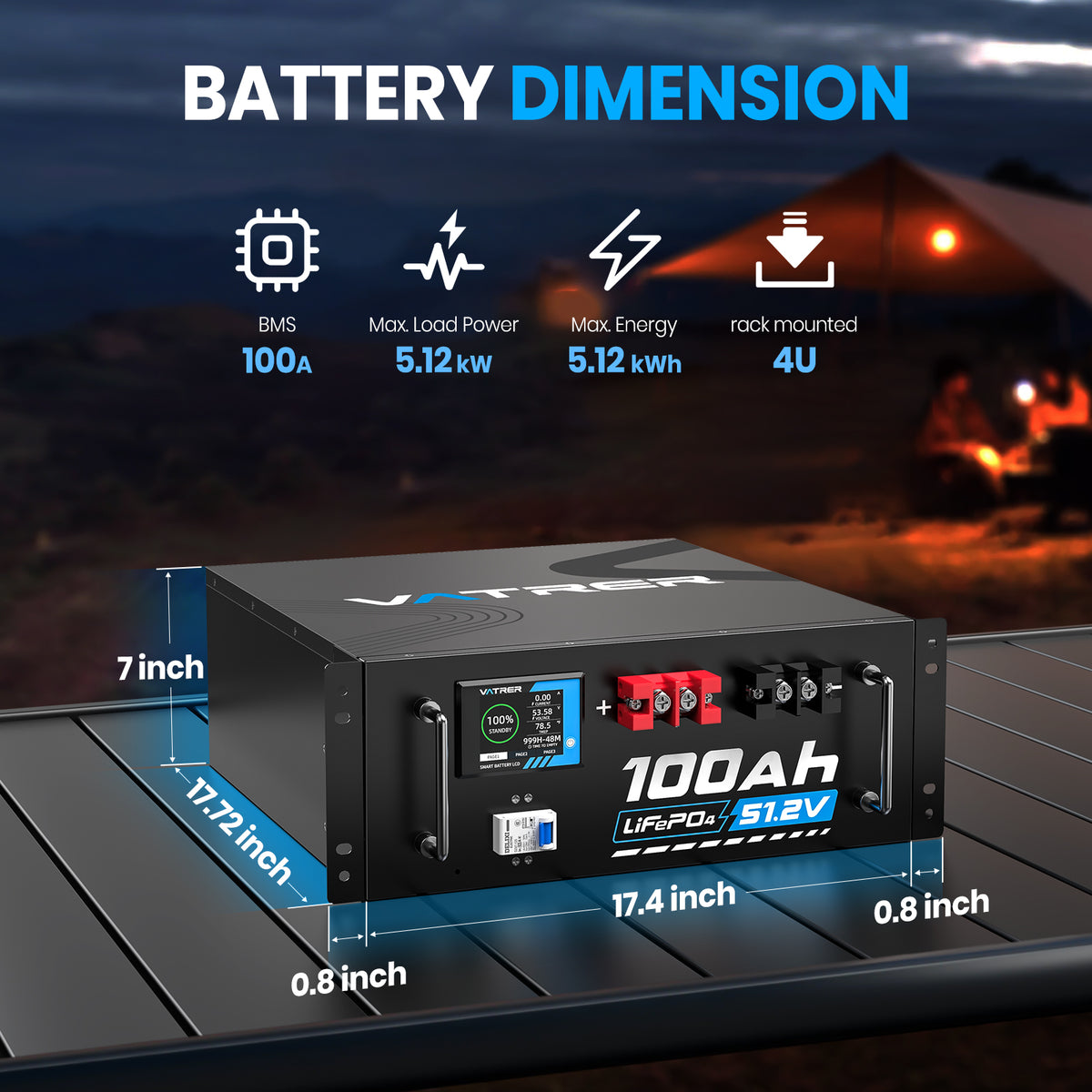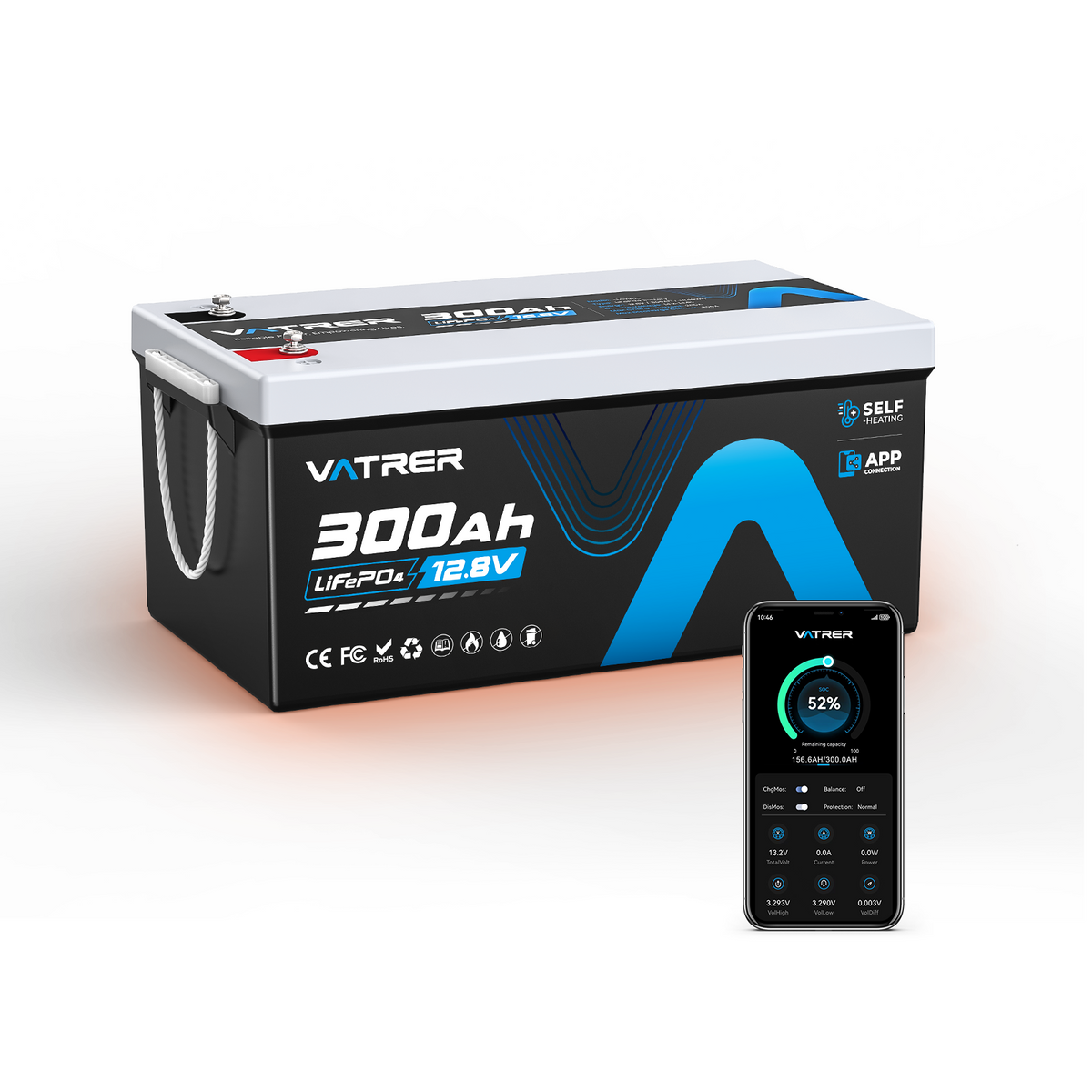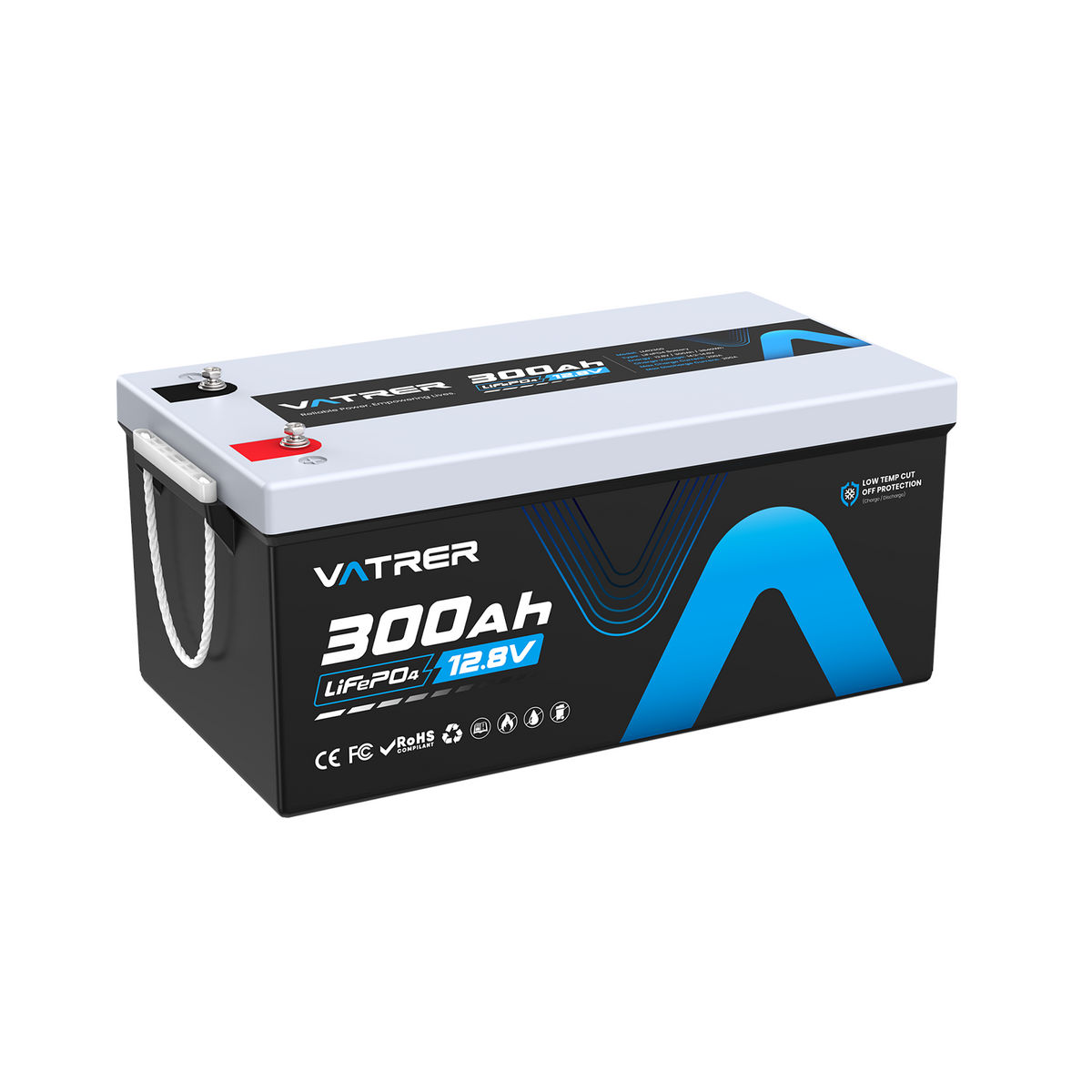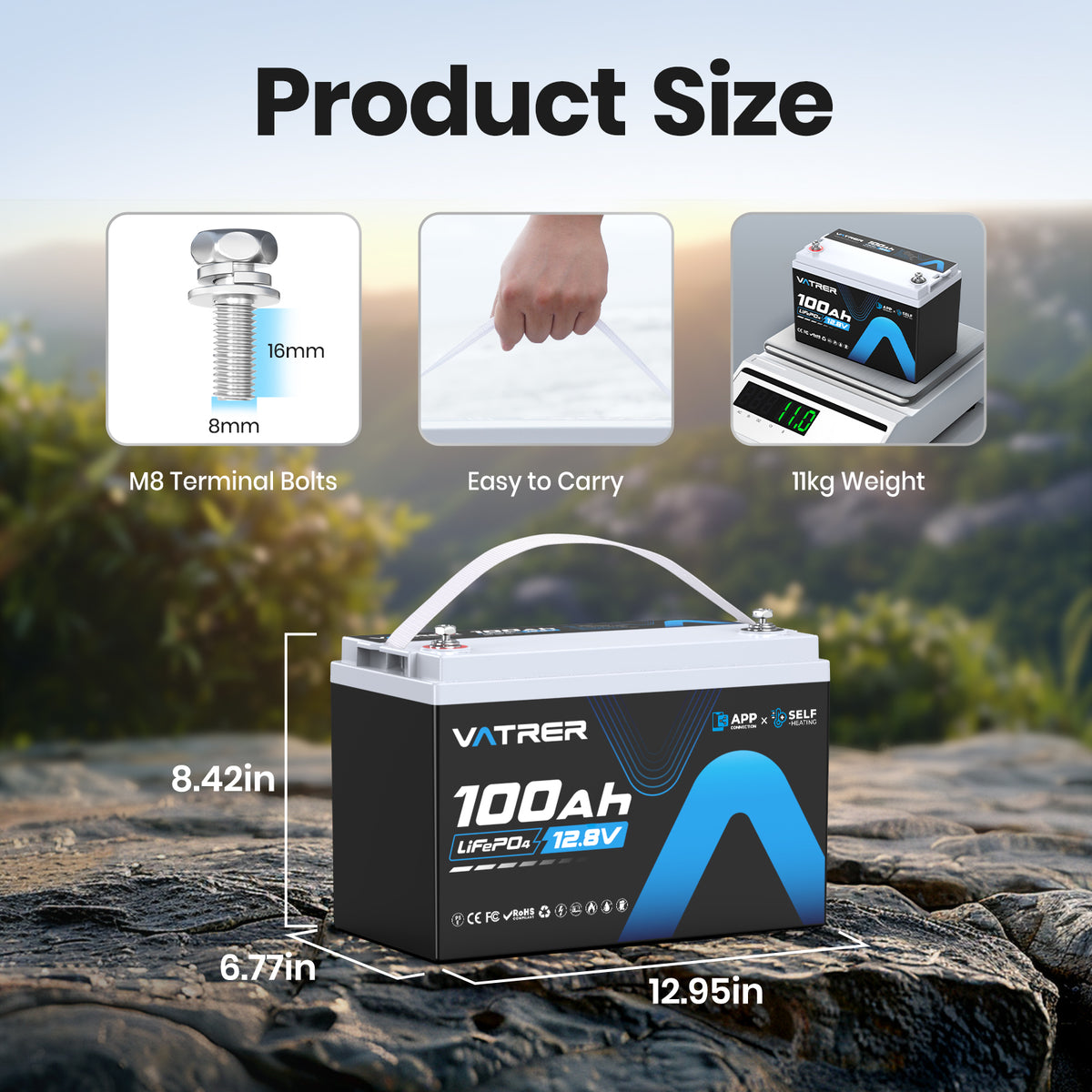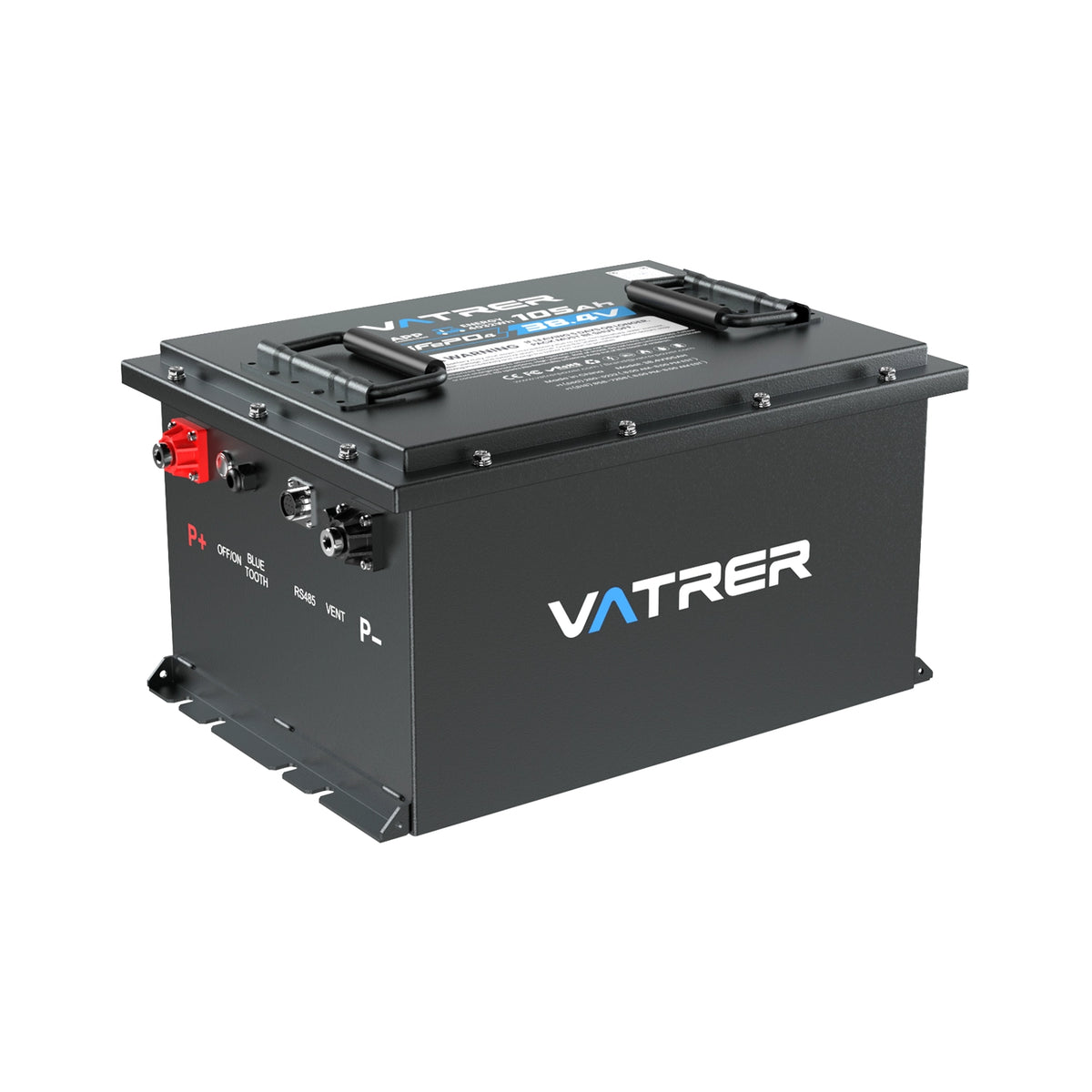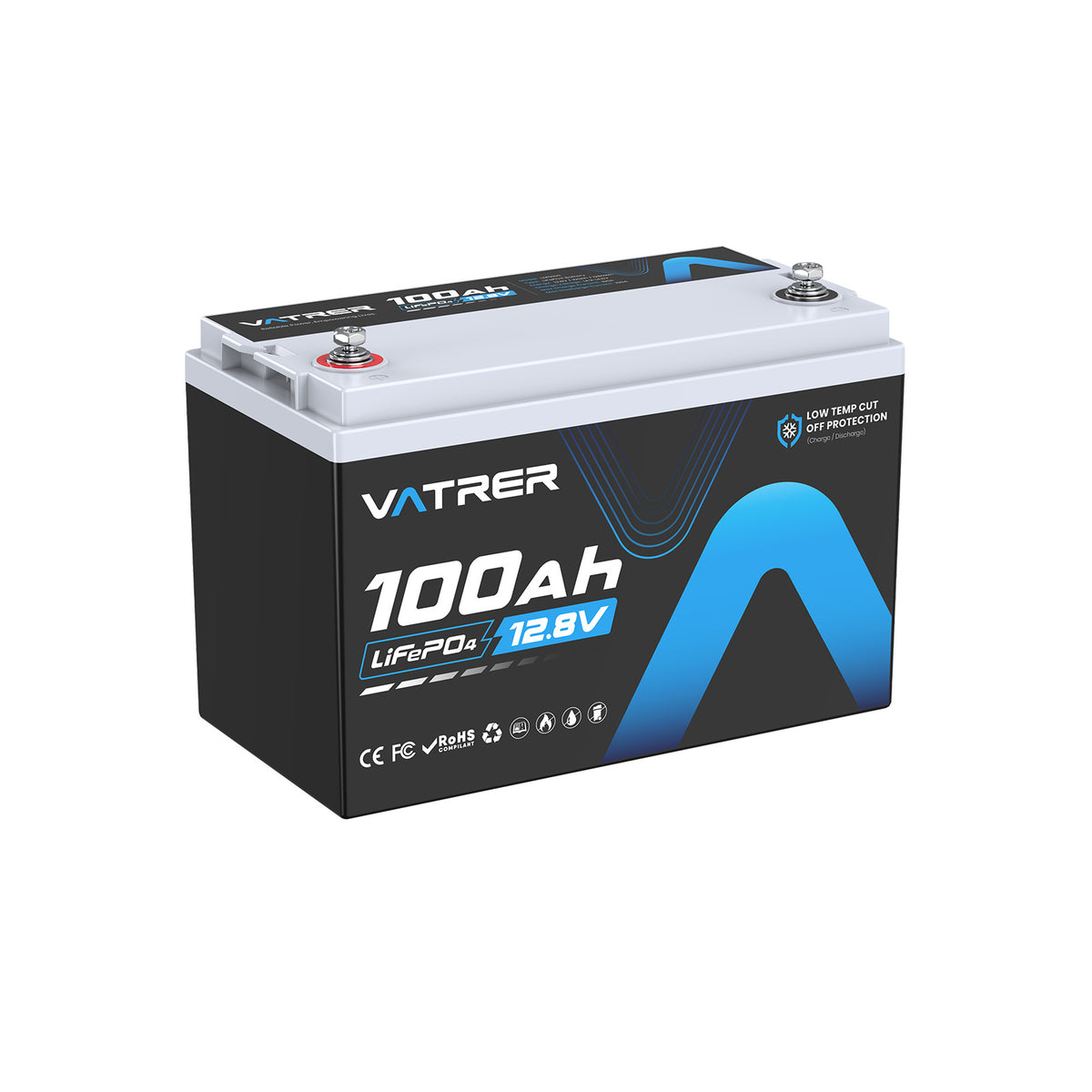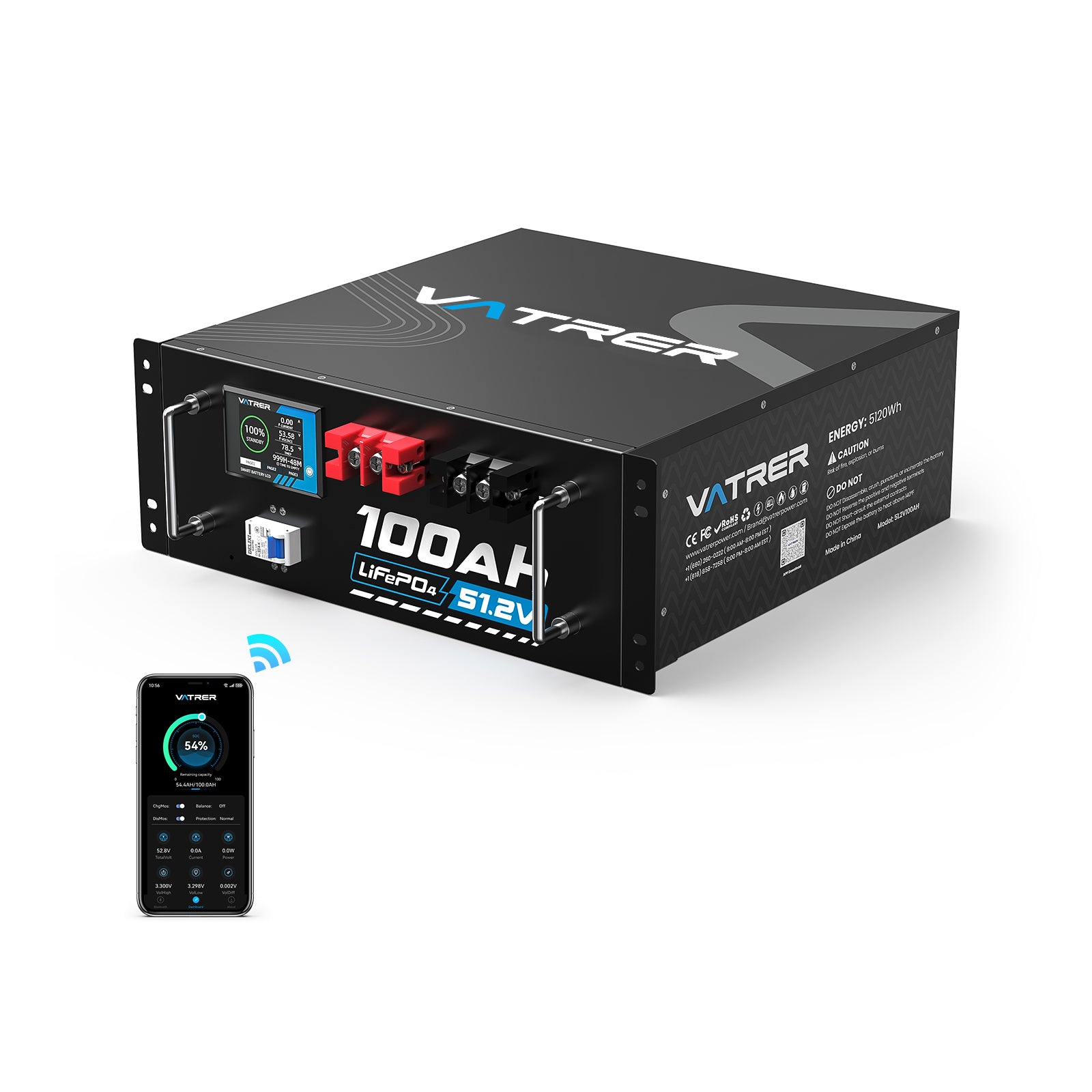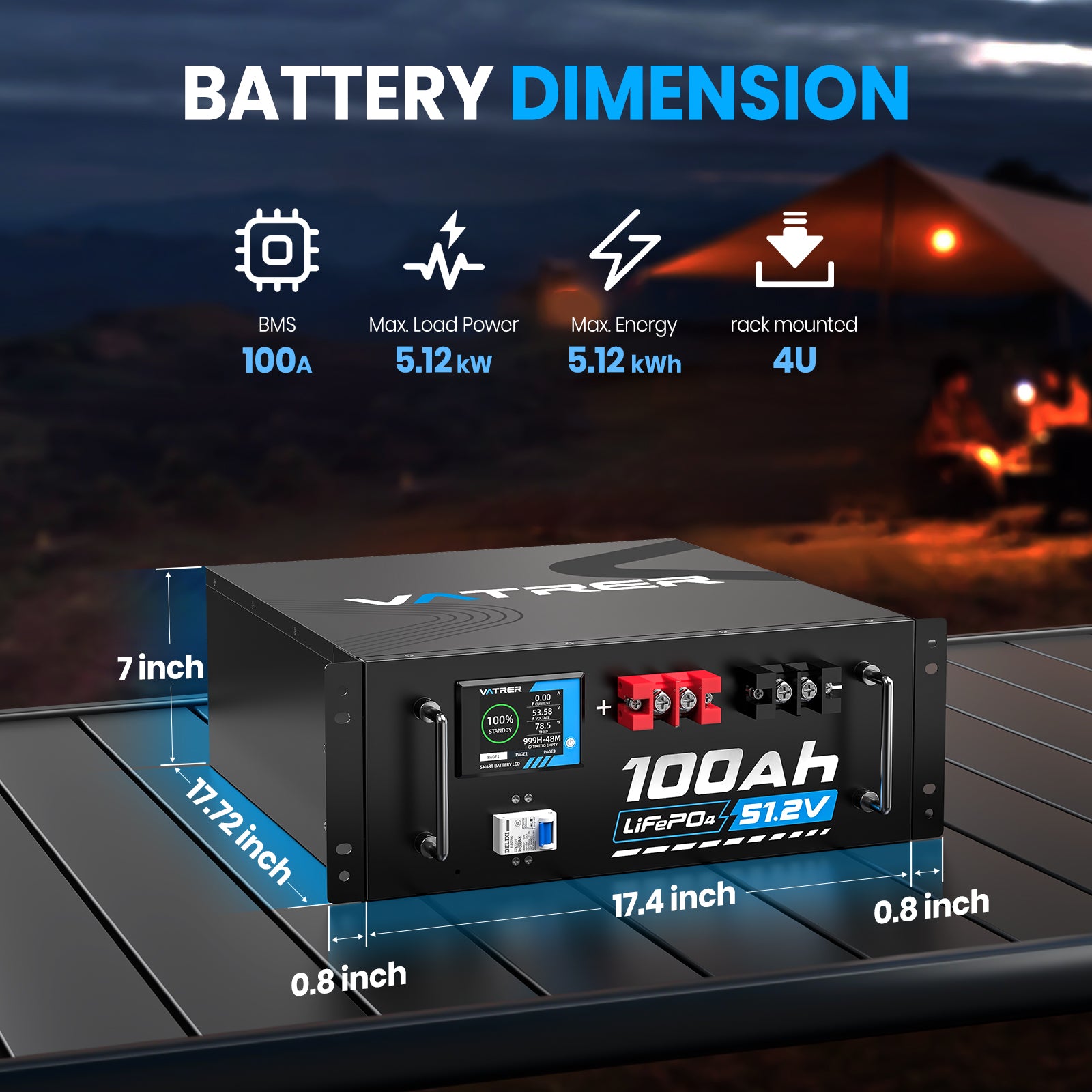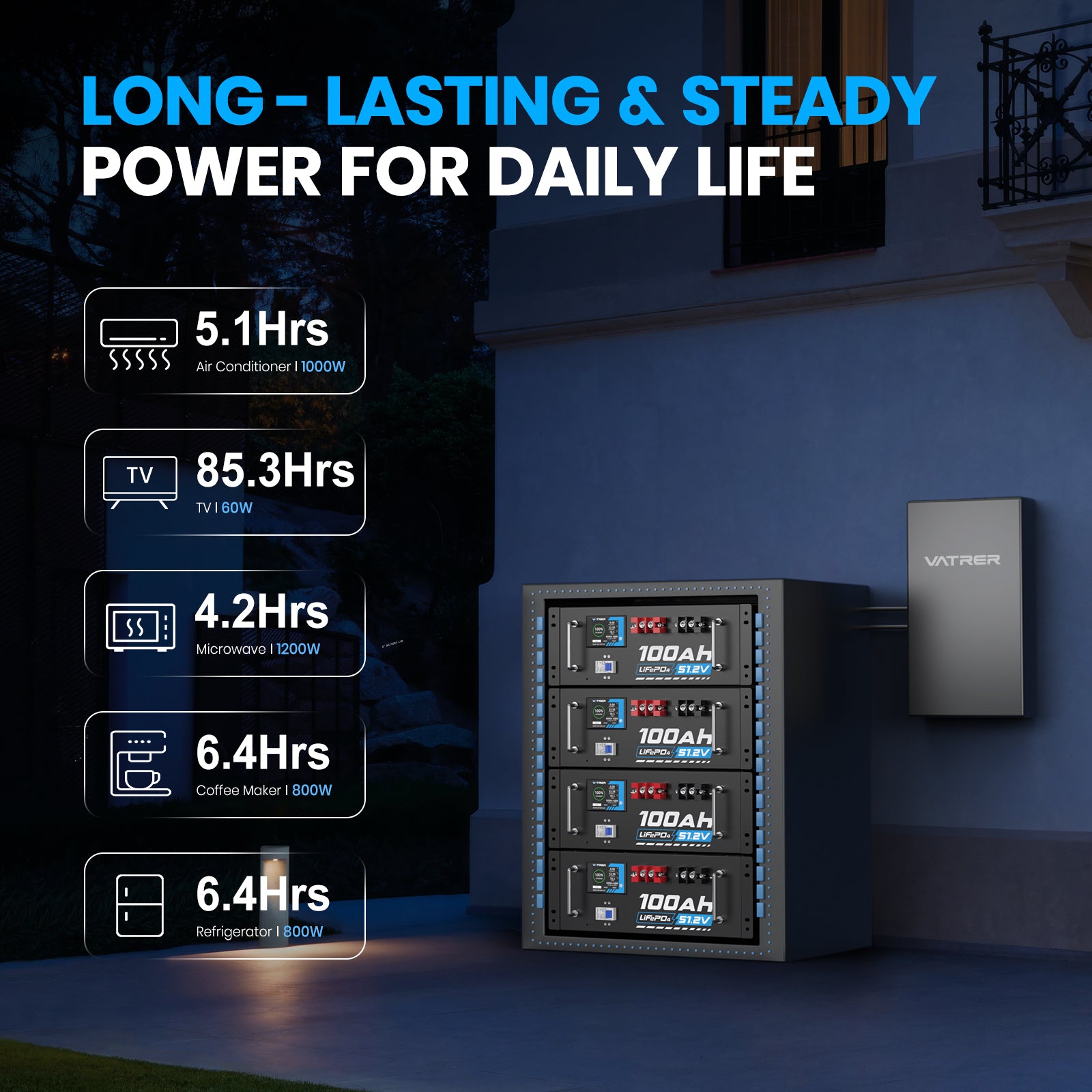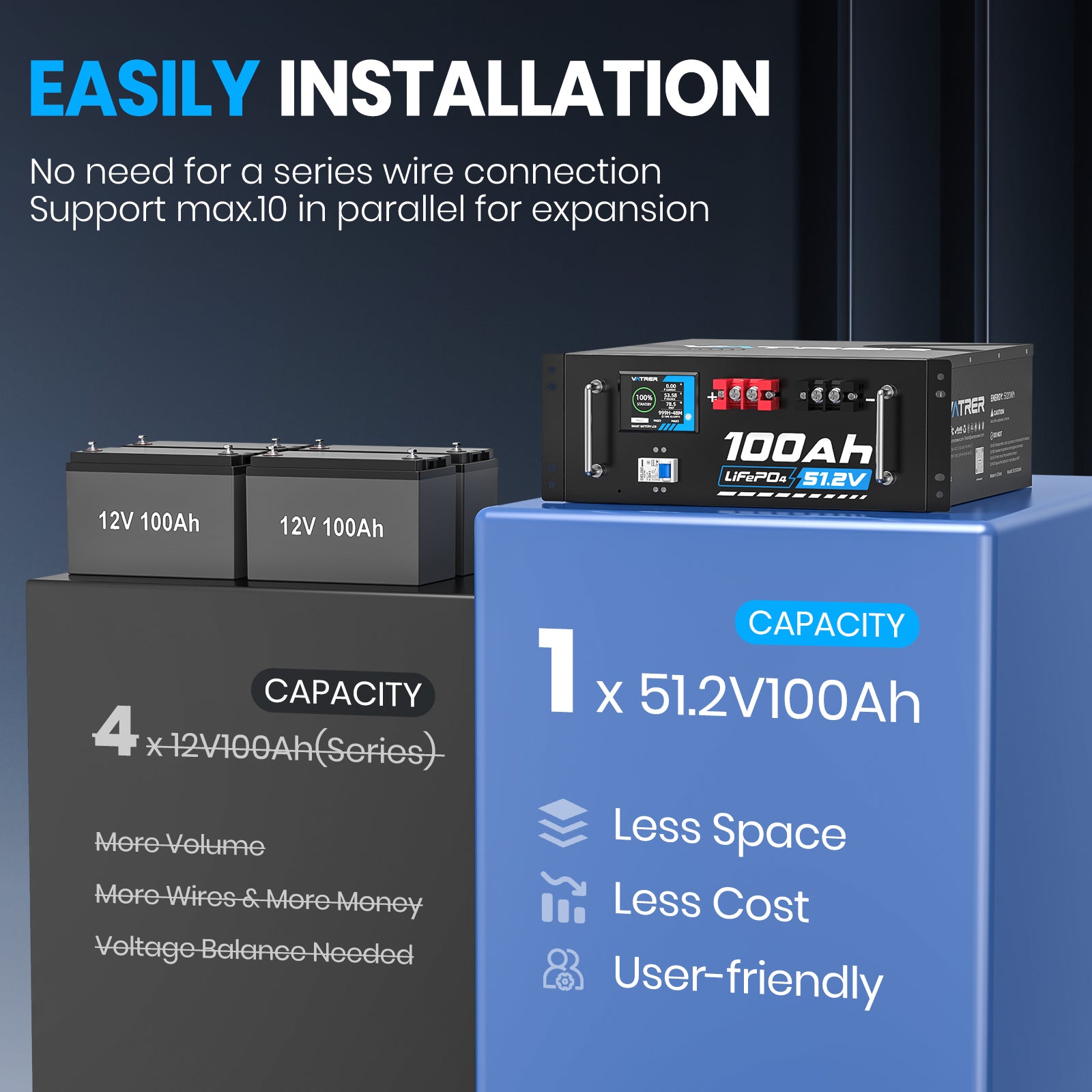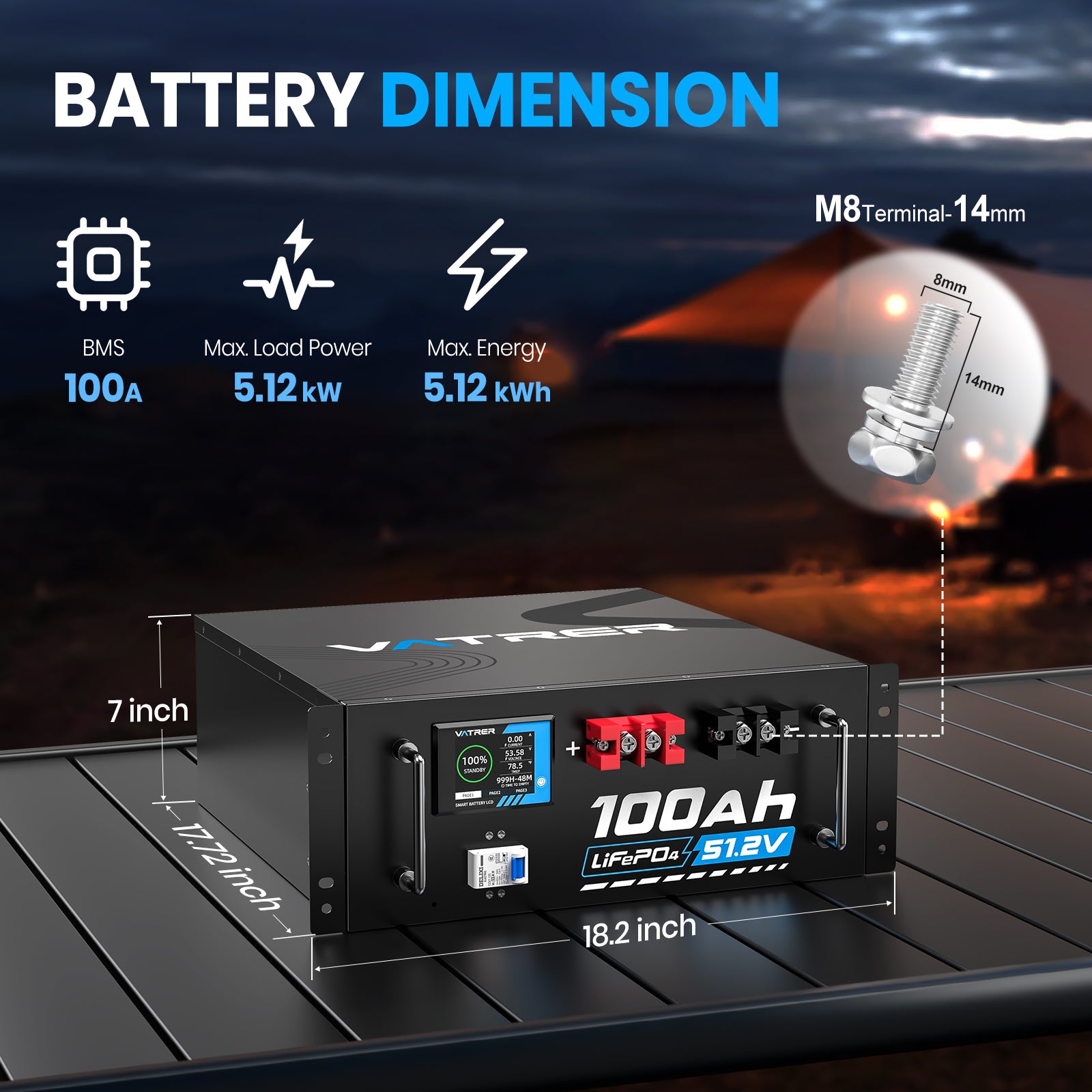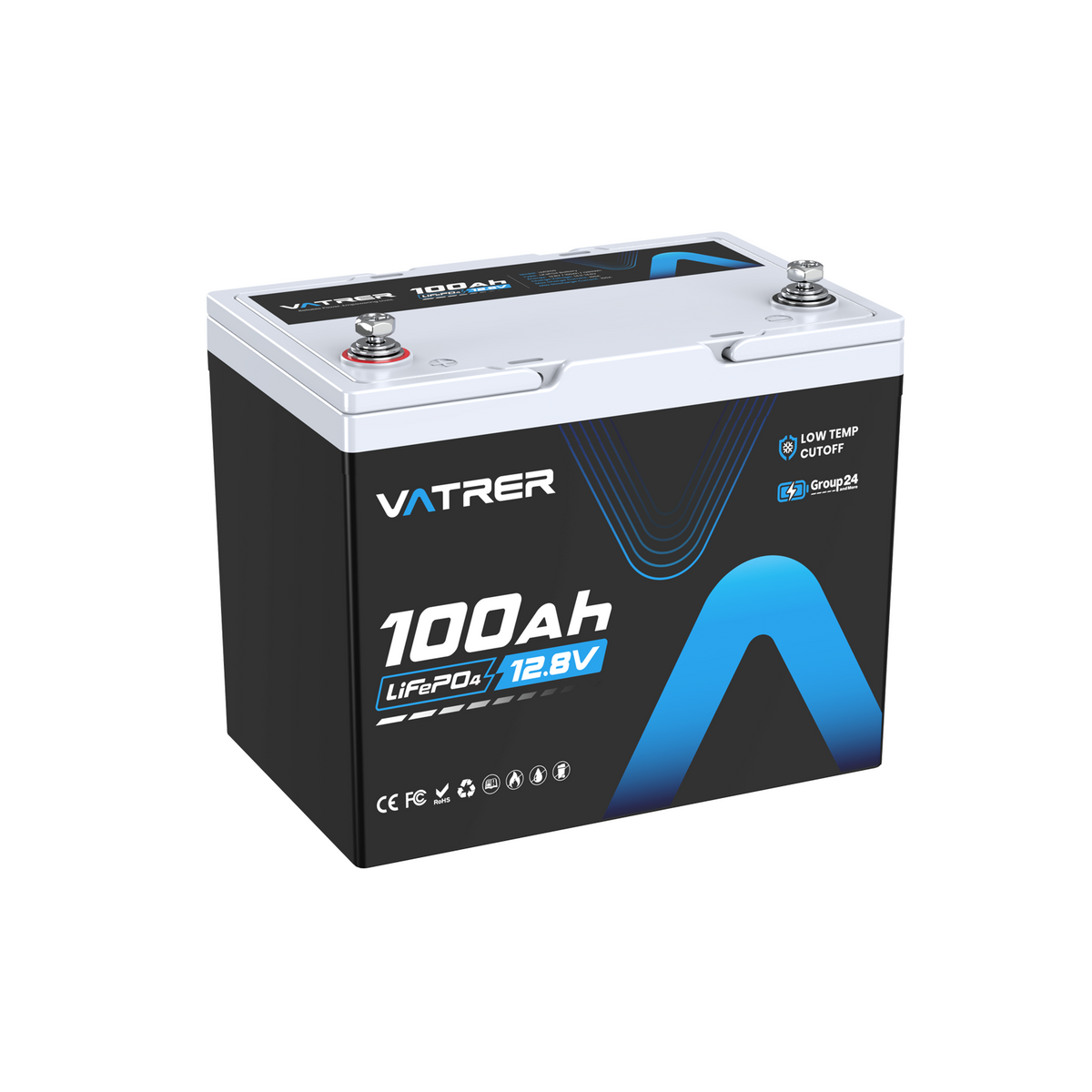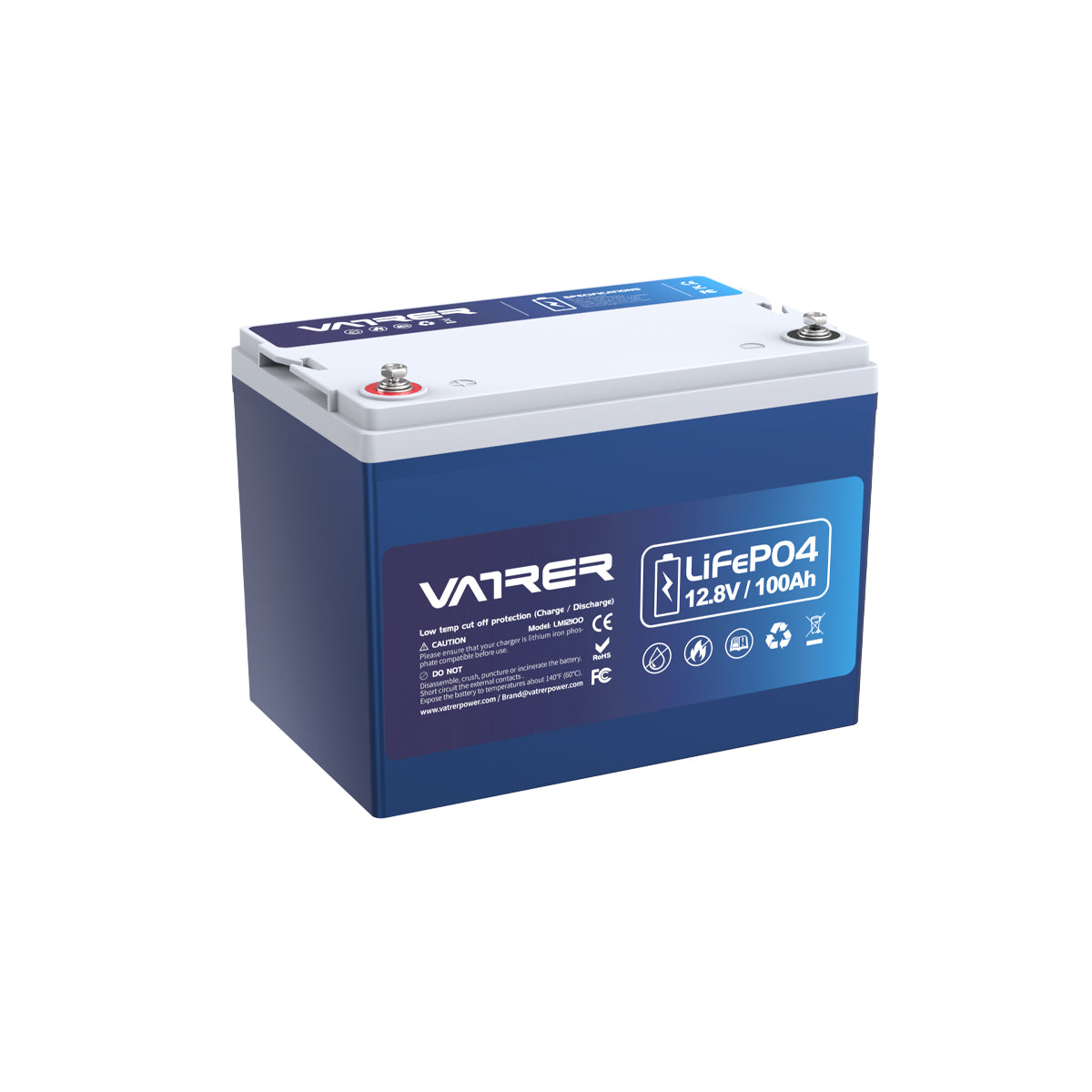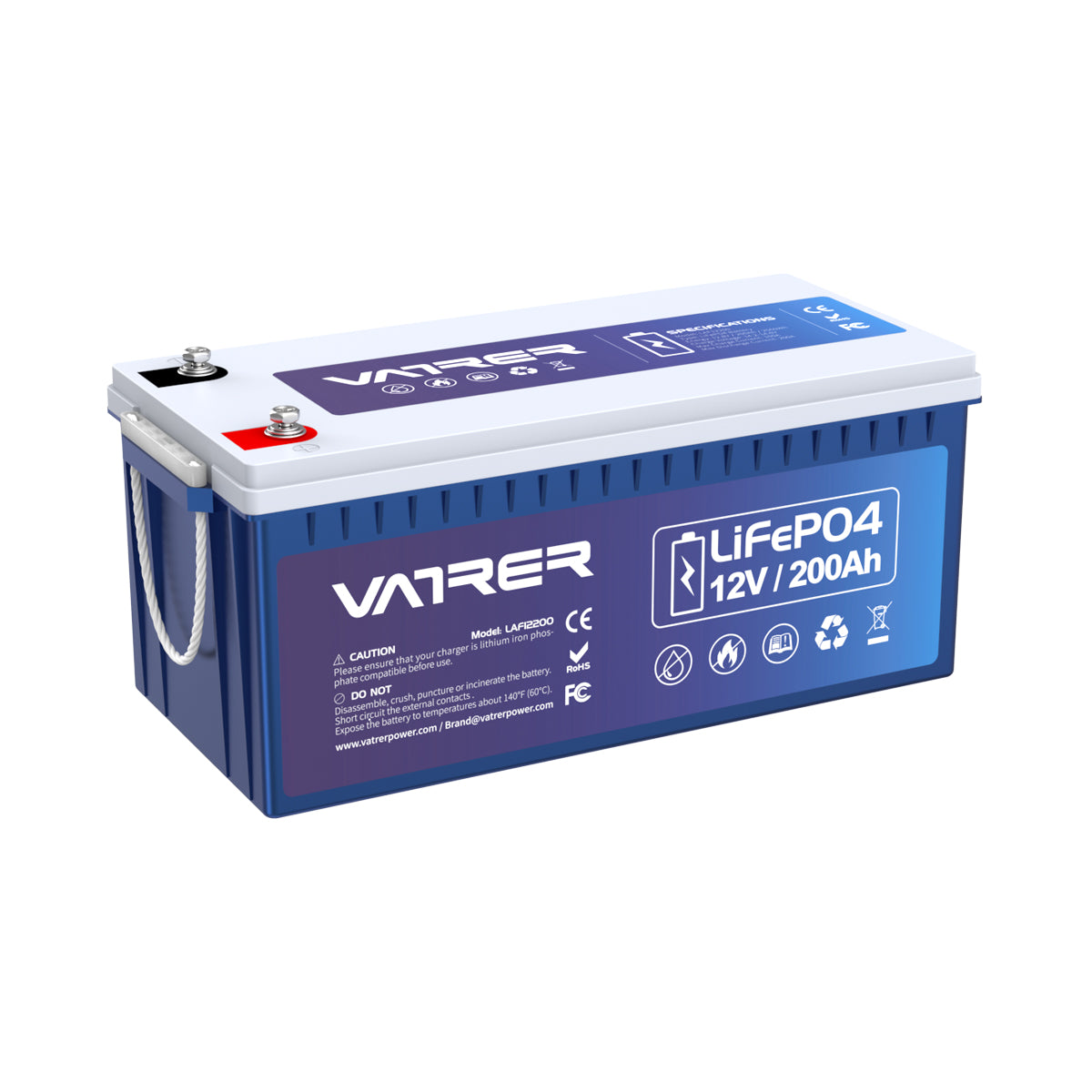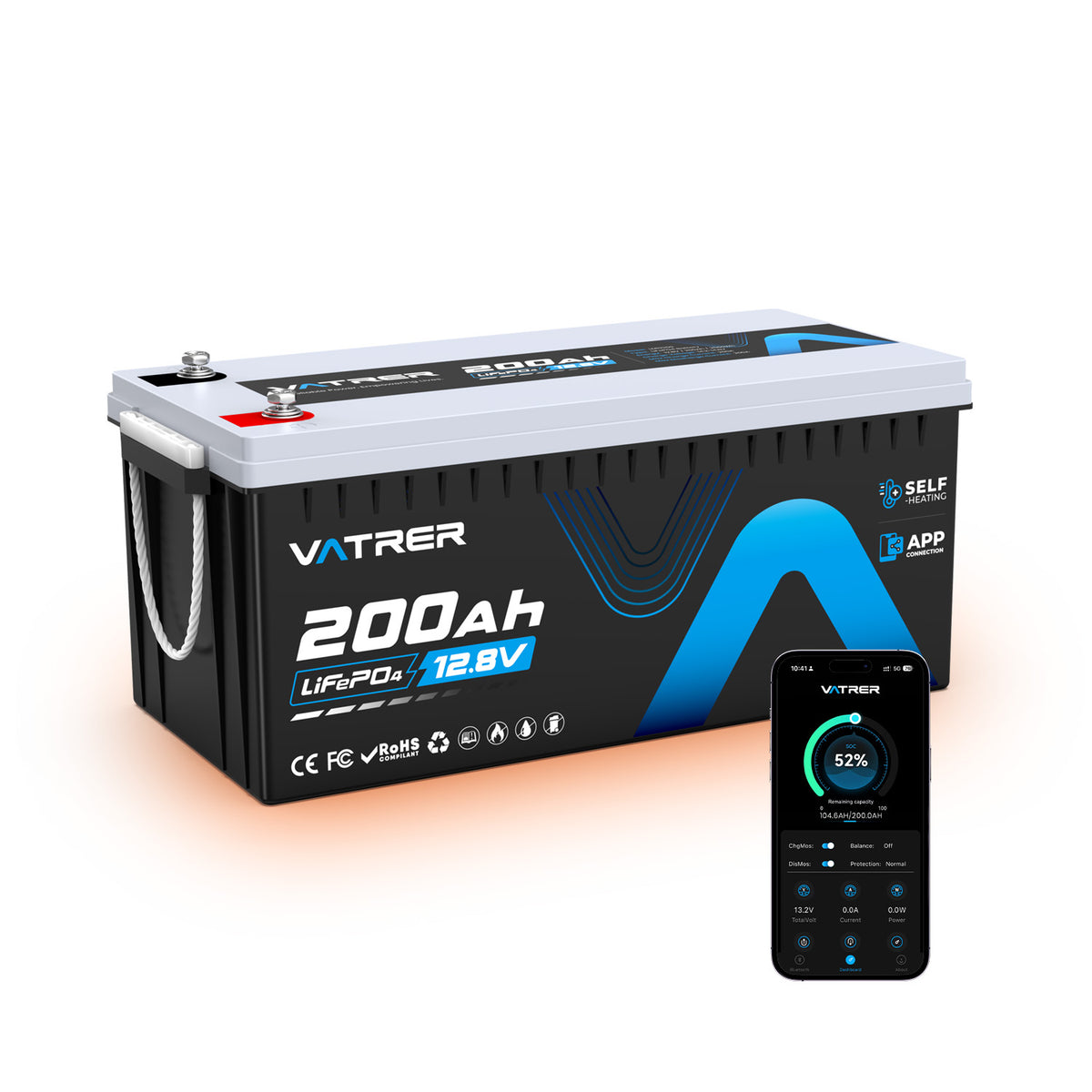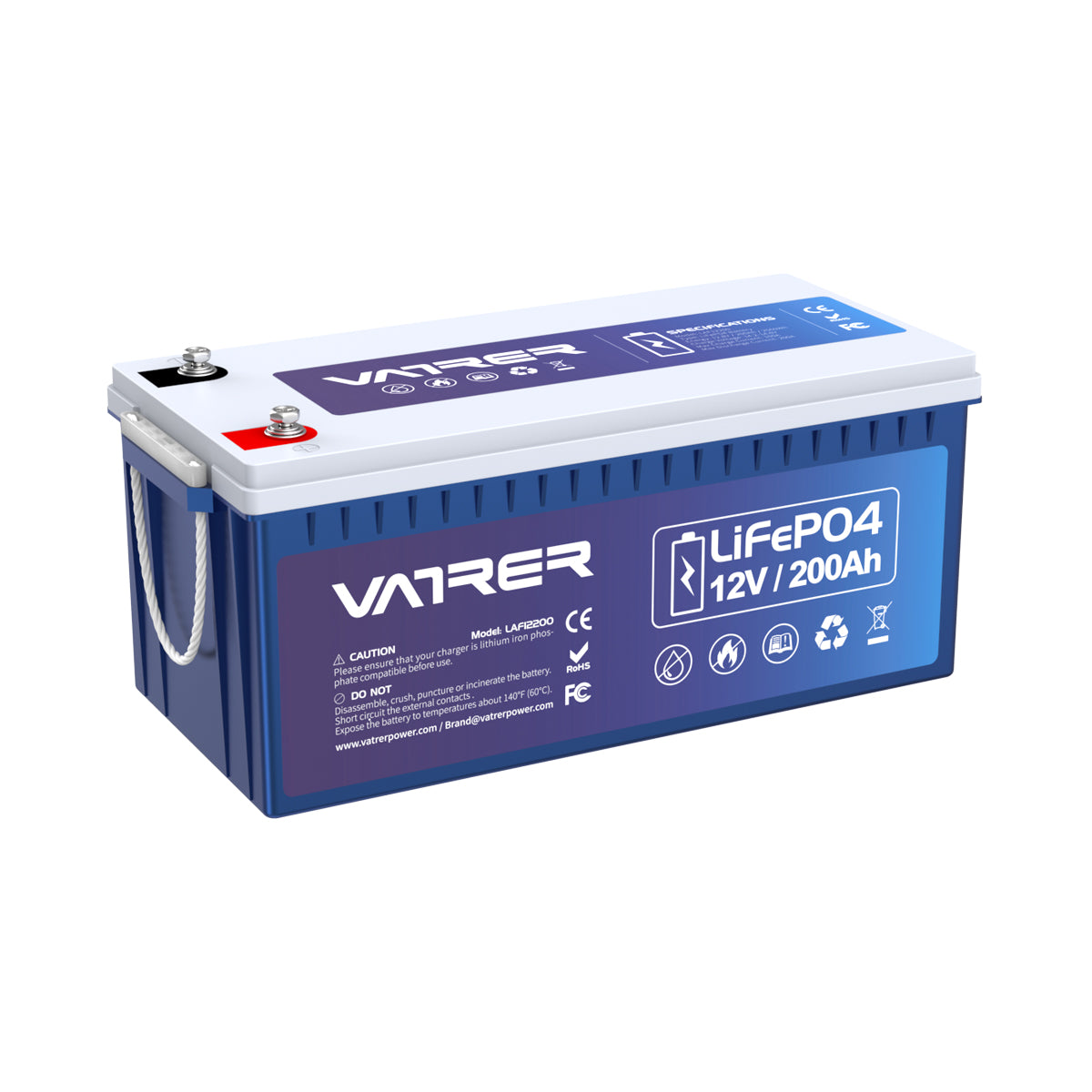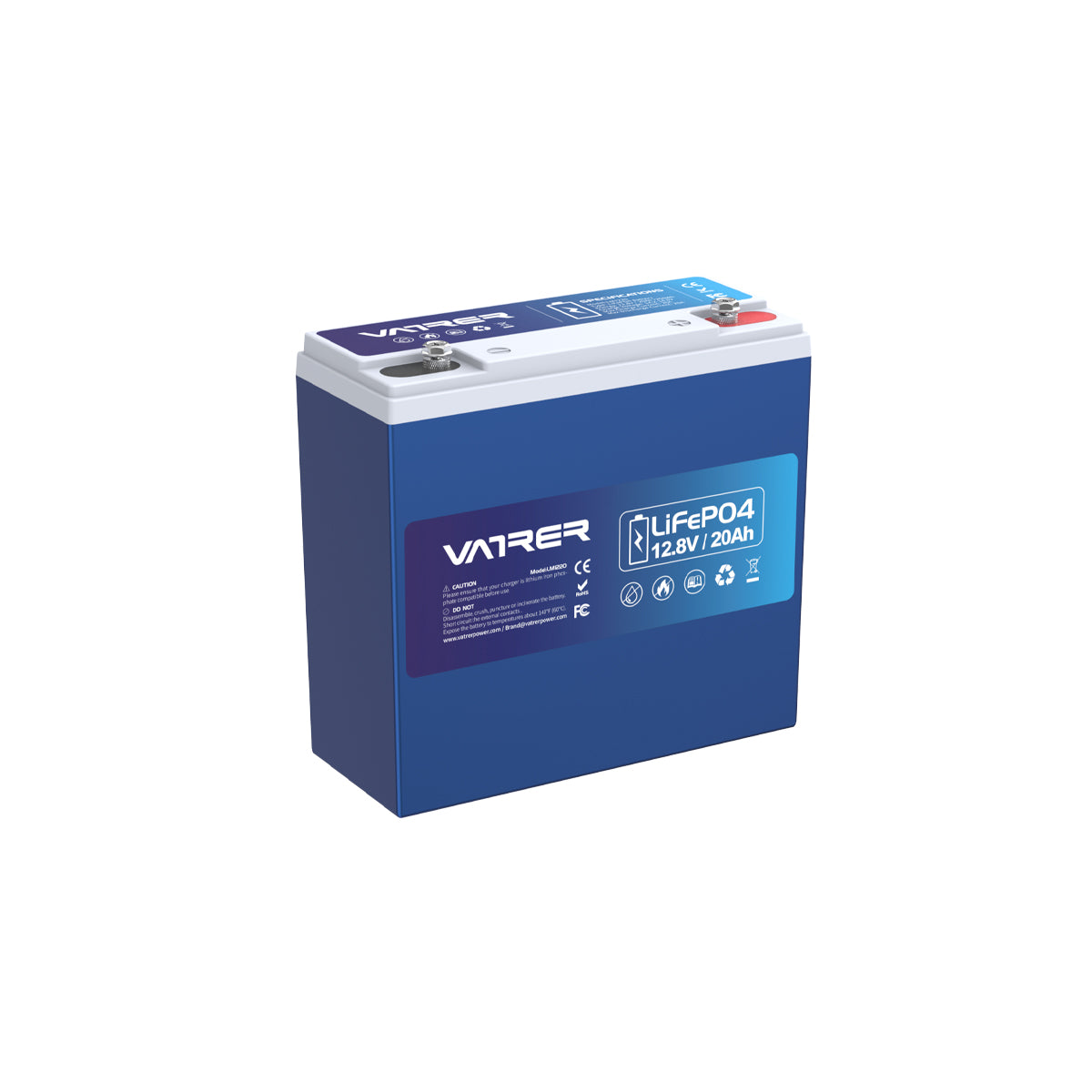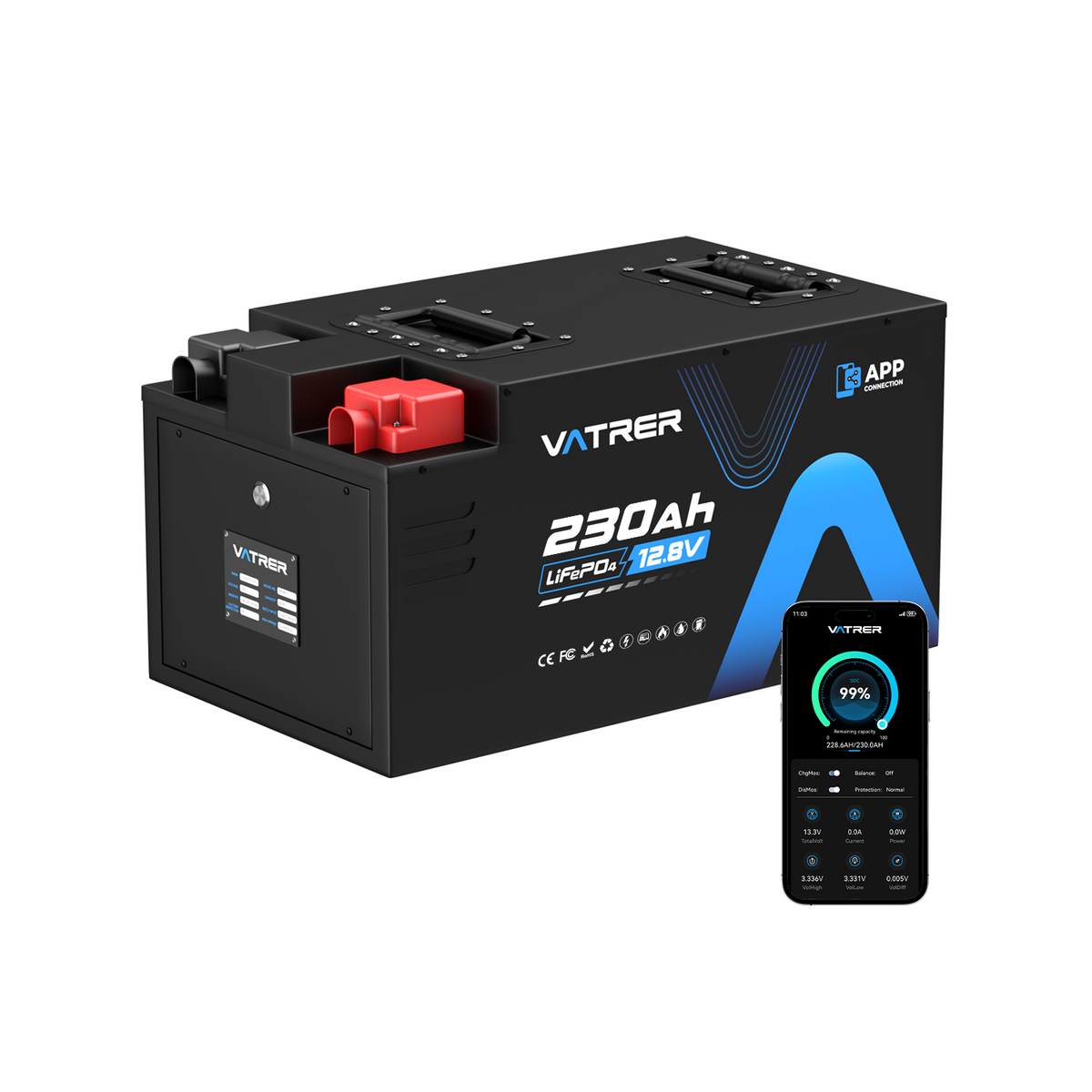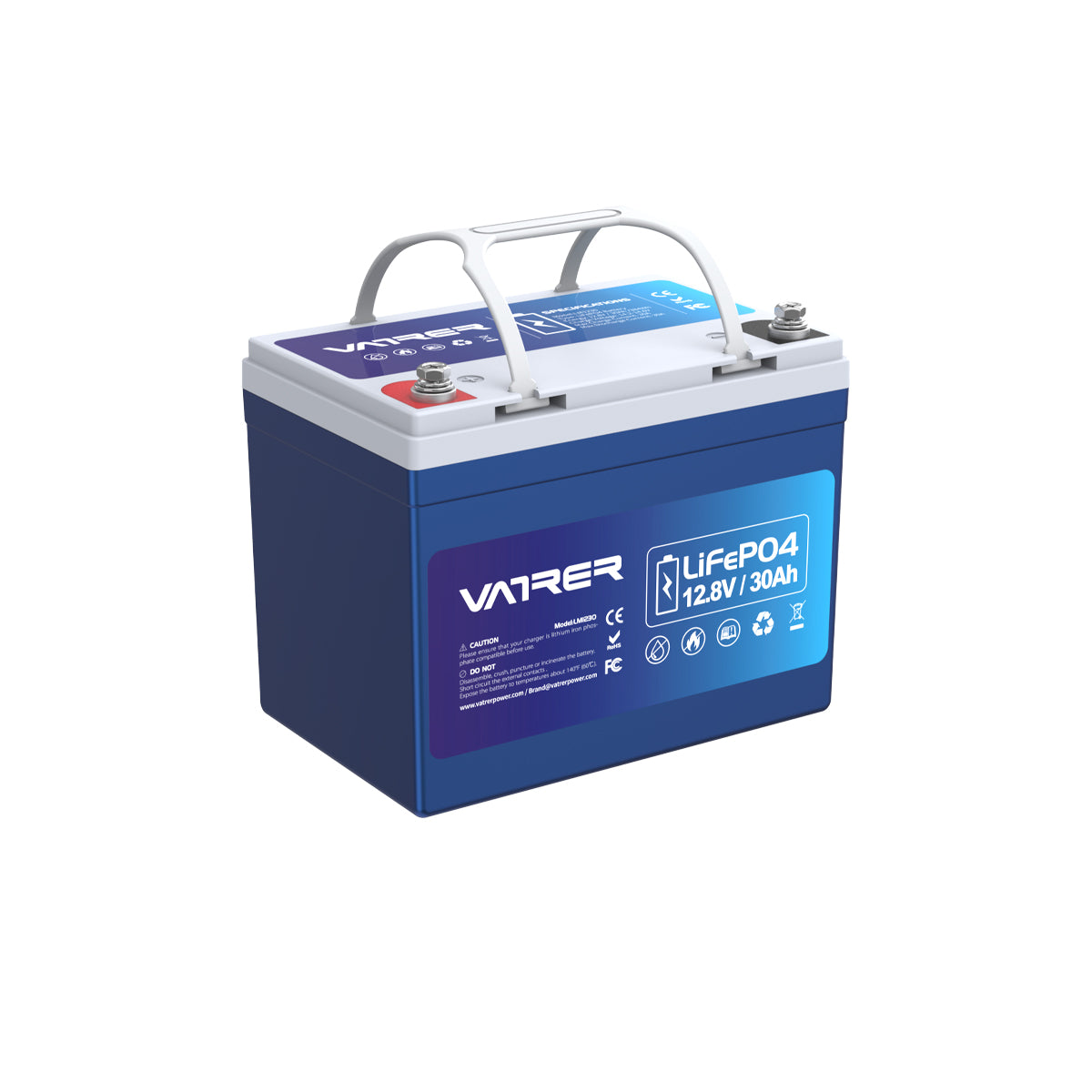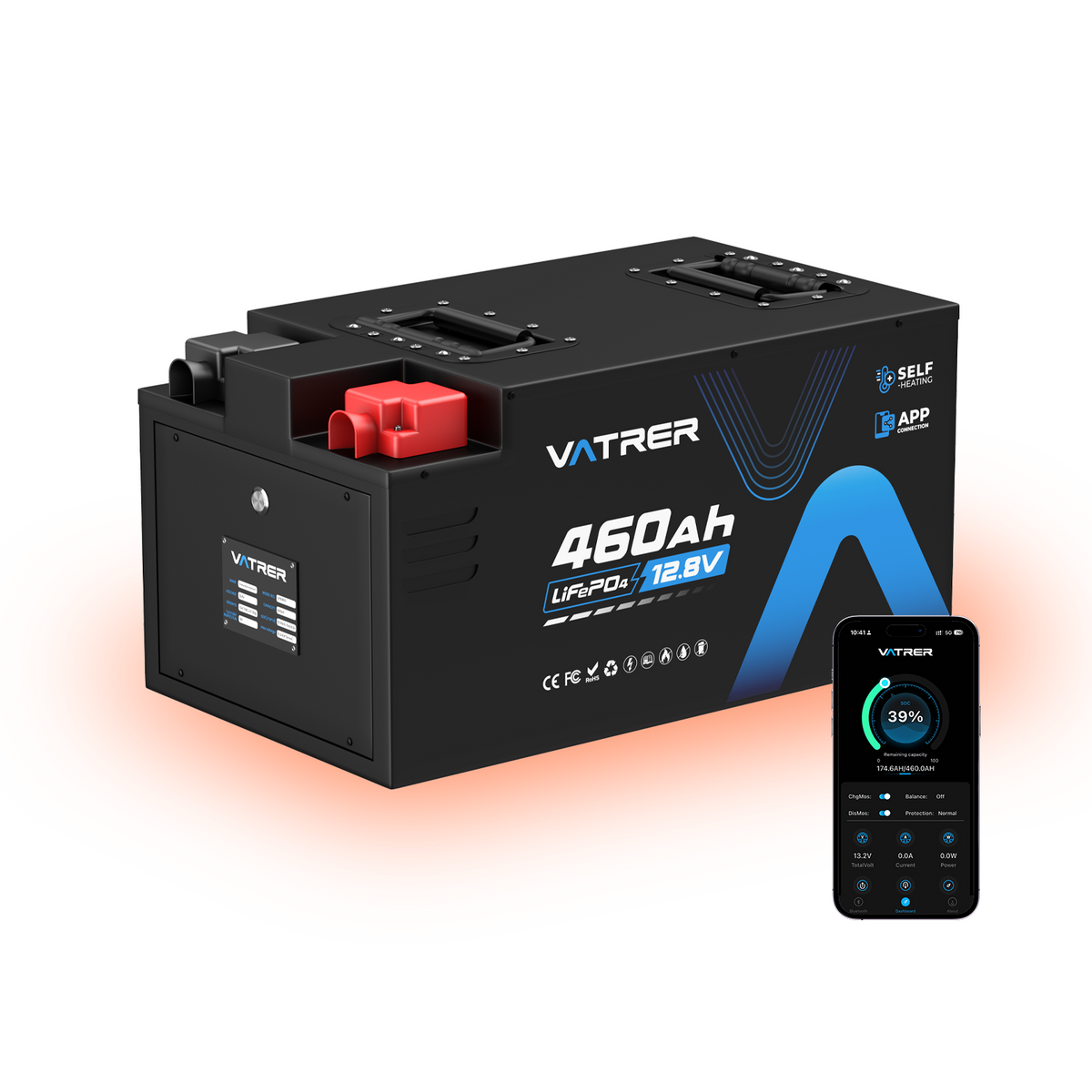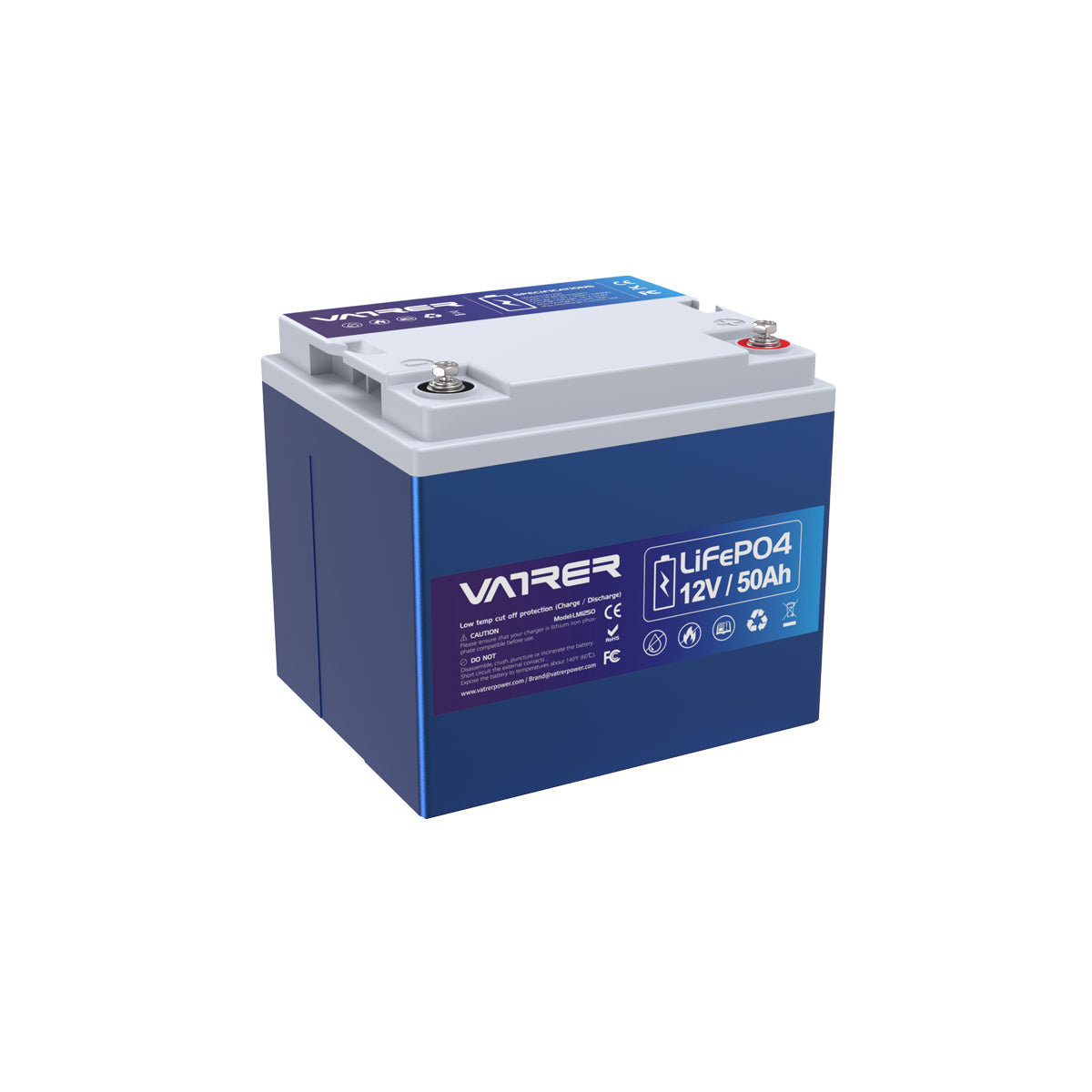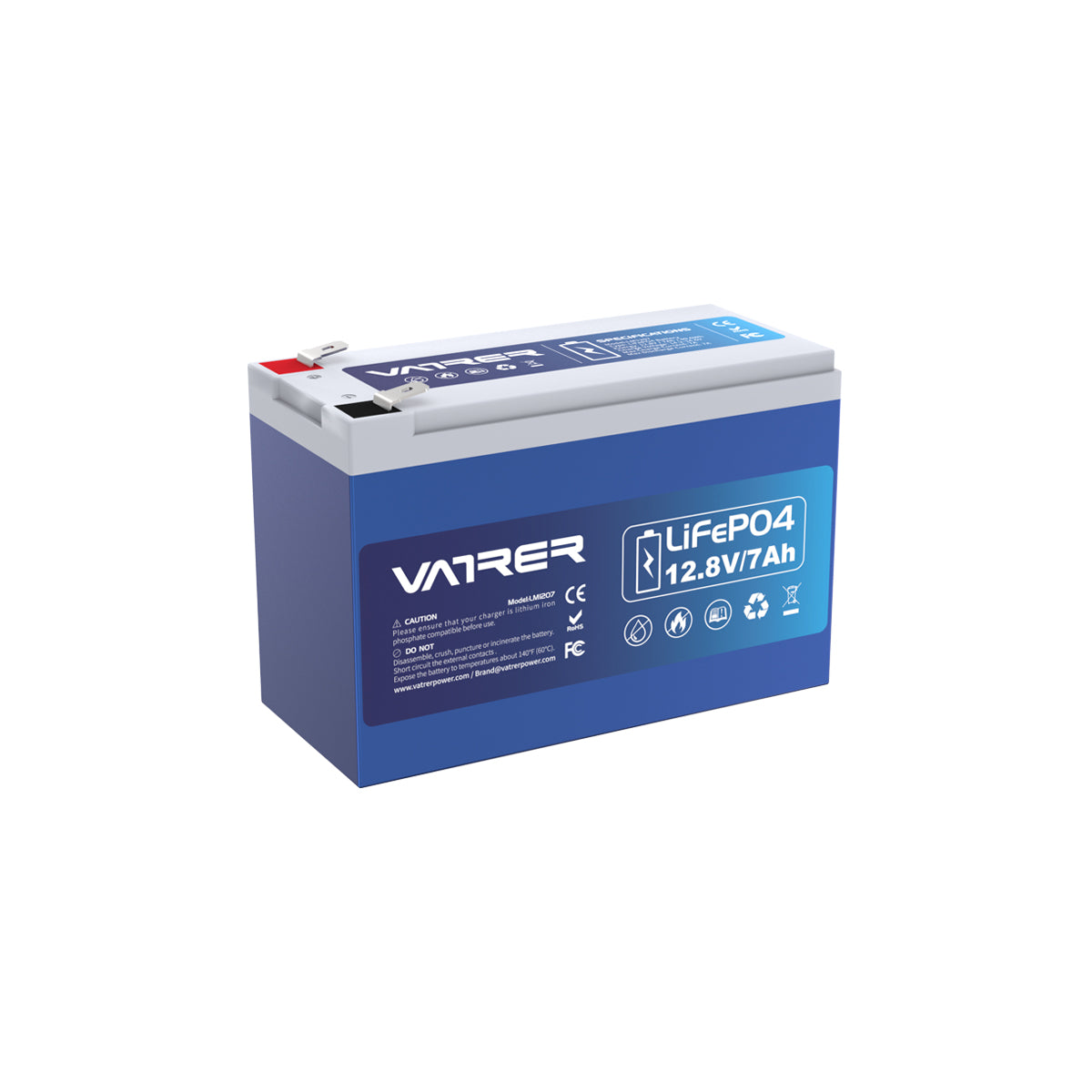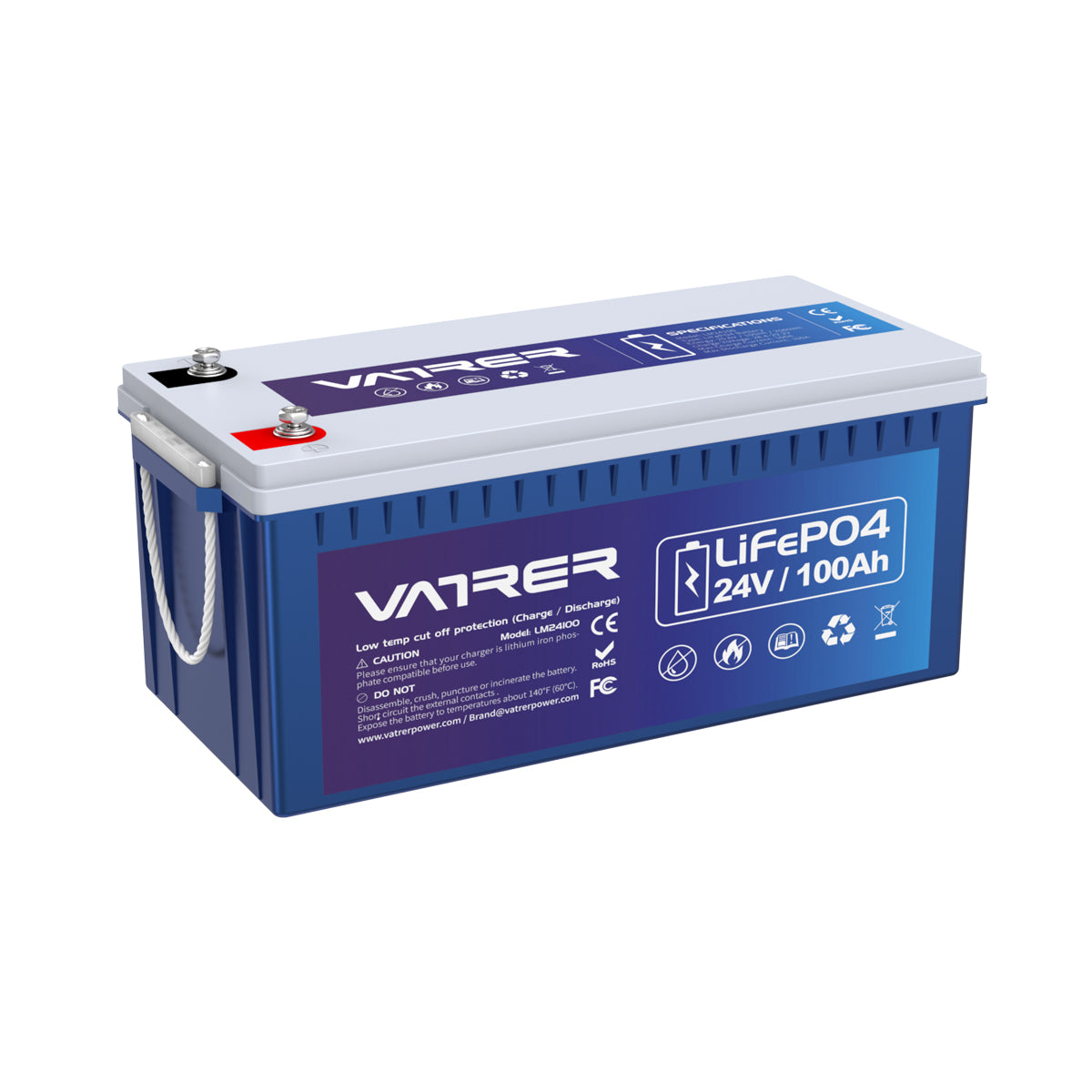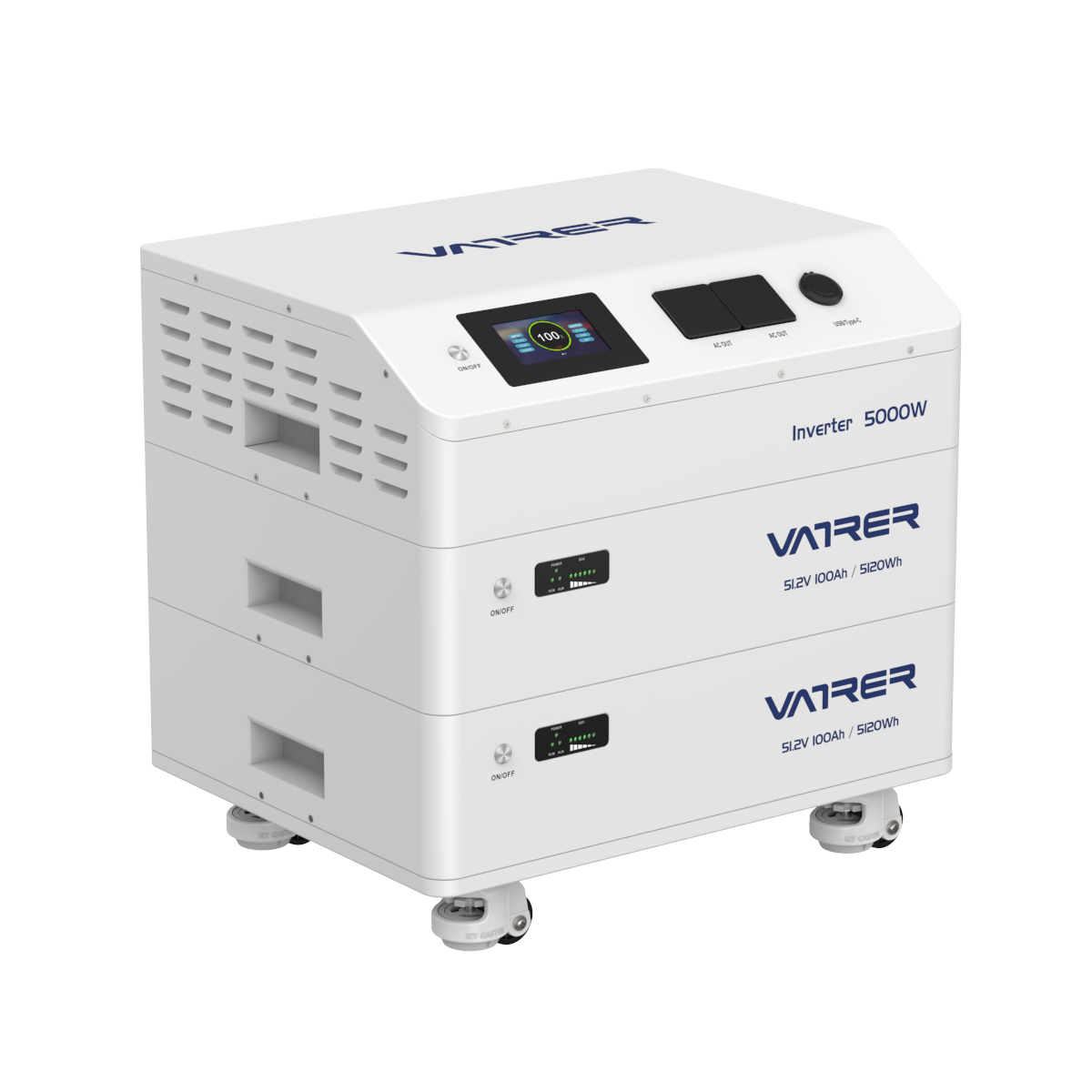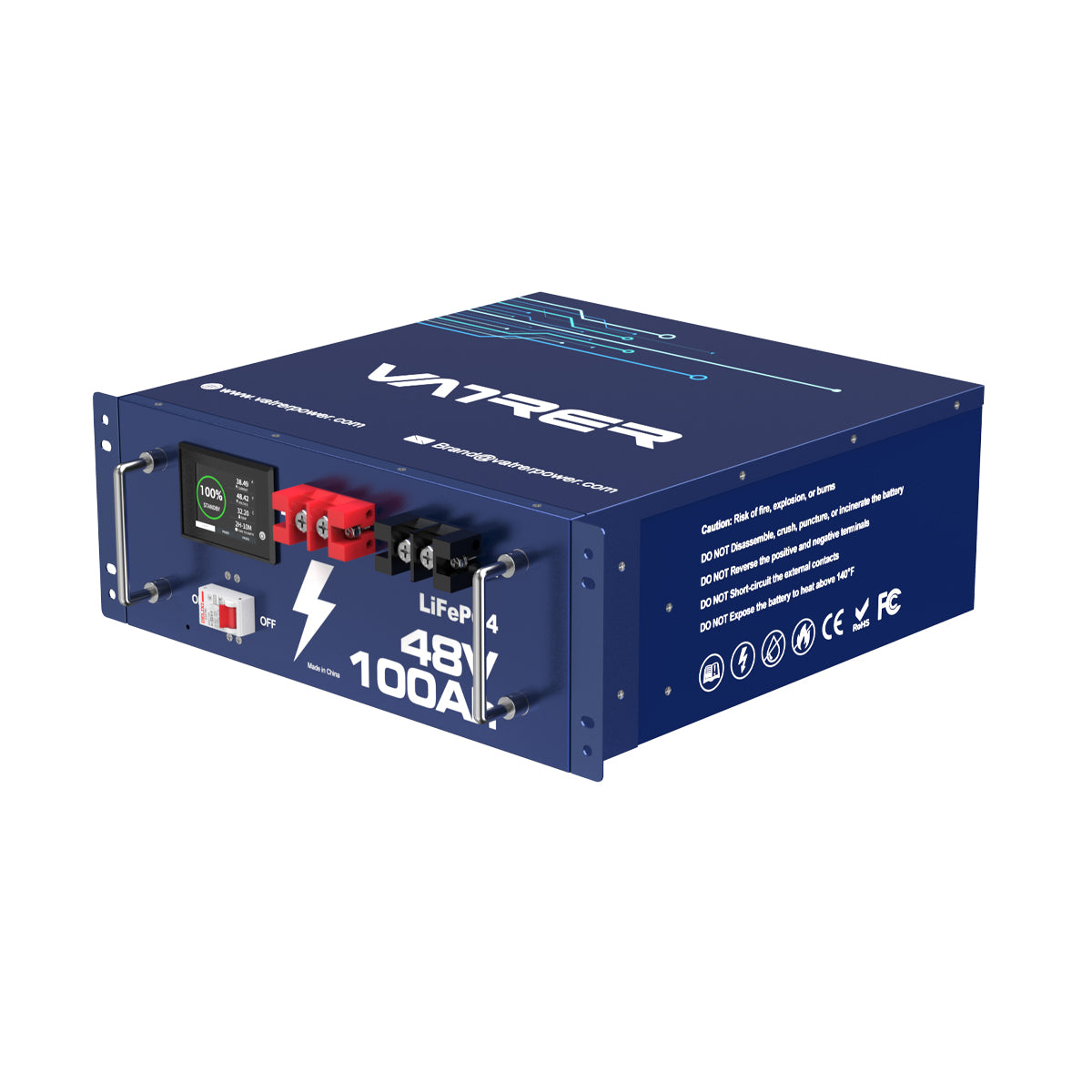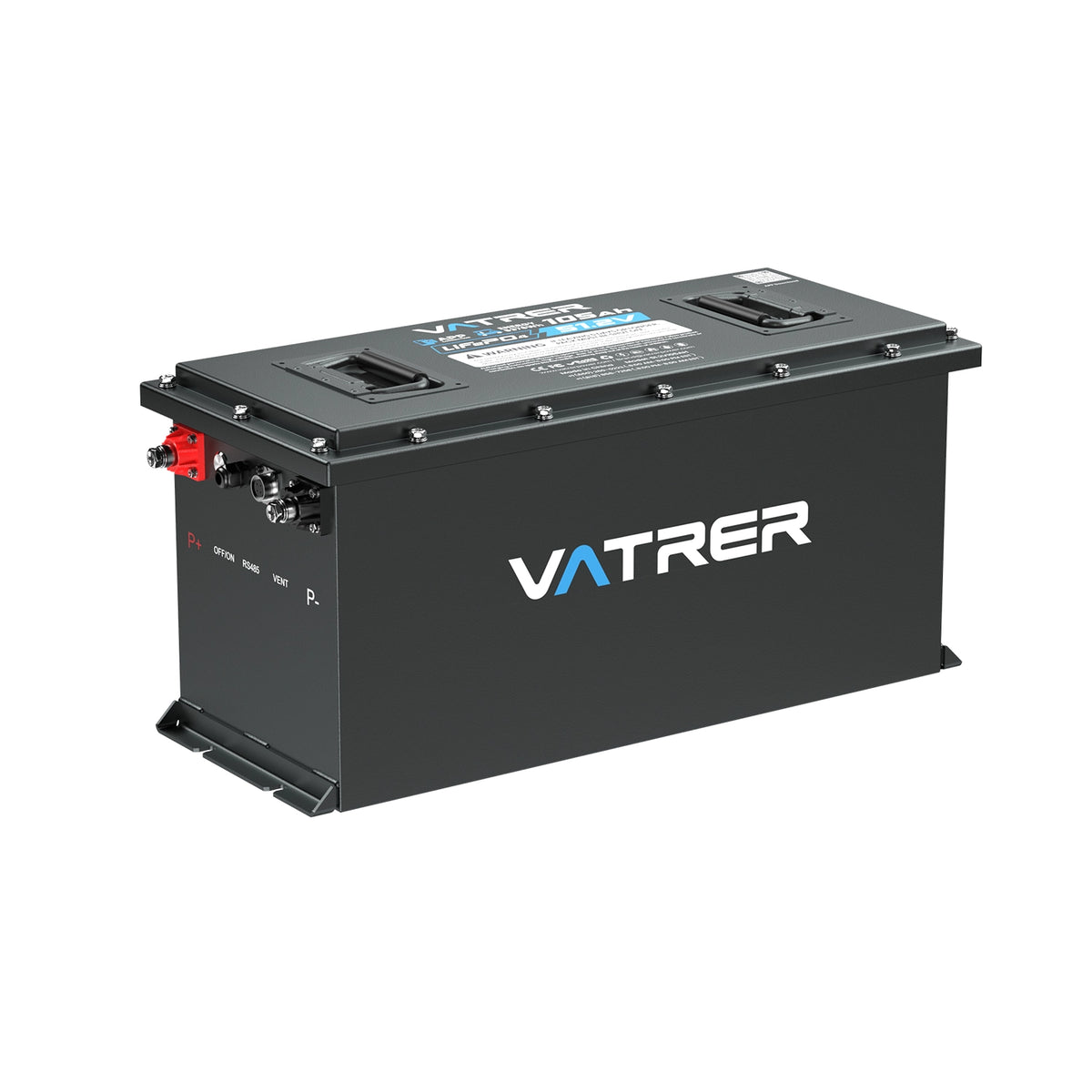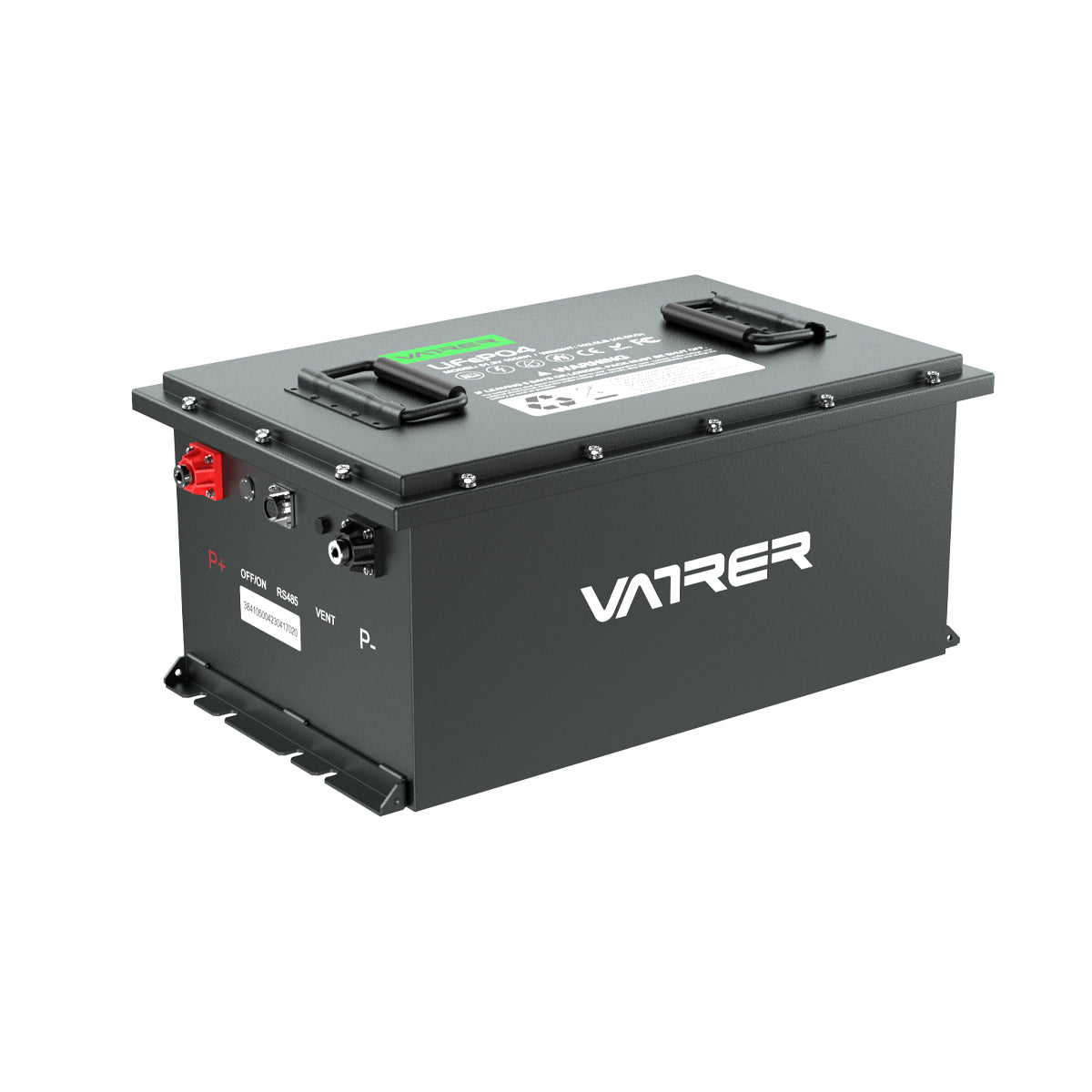A solar battery backup system is an increasingly popular investment for homeowners looking to enhance their energy independence and reduce their carbon footprint. These systems store excess power generated by solar panels, providing energy during blackouts or when solar panels aren't producing electricity. If you're considering adding a battery backup to your solar installation, understanding the costs involved is crucial. This blog post will break down the prices of solar battery backups and the factors that influence them.
Understanding Solar Battery Backup Systems
Before diving into costs, it's important to understand what a solar battery backup is. Essentially, it's a system that connects to a solar panel array and stores excess energy produced during peak sunlight hours. This stored energy can then be used at night, during power outages, or during periods of high utility rates.
Cost Factors for Solar Battery Backup
The cost of a solar battery backup system varies based on several factors including capacity, brand, type of battery, and installation complexities. Here’s a brief overview of these factors:
-
Capacity: Measured in kilowatt-hours (kWh), capacity determines how much power the battery can store.
-
Brand: Different brands have varying reputations for quality and longevity.
-
Type of Battery: Lithium-ion batteries are more expensive but more efficient and longer-lasting than lead-acid batteries.
-
Installation: Costs can vary depending on whether you are integrating a battery into an existing solar system or installing a new complete system.
Average Costs of Solar Battery Backups
To give you a better idea of what to expect financially, here’s a breakdown of average costs associated with different capacities of solar battery systems:
| Battery Capacity (kWh) | Average Cost Range (USD) | Typical Use Case |
|---|---|---|
| 5 kWh | $3,000 - $7,000 | Small home, partial backup |
| 10 kWh | $7,000 - $14,000 | Medium home, full or partial backup |
| 15 kWh | $10,000 - $20,000 | Large home, full backup |
| 20 kWh | $13,000 - $25,000 | Large home, full backup, high usage |
Additional Cost Considerations
-
Installation: Installation costs can range from $1,000 to $5,000 depending on system complexity and whether additional components are needed.
-
Incentives: Federal, state, and local incentives can reduce the upfront cost. For instance, the federal solar investment tax credit (ITC) allows you to deduct a percentage of the cost from your federal taxes.
-
Maintenance: While maintenance costs for solar battery systems are generally low, they can still factor into the total cost of ownership.
Return on Investment (ROI)
While the upfront costs of a solar battery backup system can be substantial, the potential savings on electricity bills and increased home value can provide significant returns over time. Additionally, the peace of mind during power outages and reduced dependence on the grid are invaluable benefits that don't have a direct monetary value but are worth considering.
Conclusion
Investing in a solar battery backup system involves upfront costs that are influenced by the capacity and quality of the system. However, the long-term benefits—both financial and environmental—can justify the investment for many homeowners. Before making a decision, it's advisable to conduct a thorough cost-benefit analysis and consider how the system will fit into your overall energy needs and financial goals.







